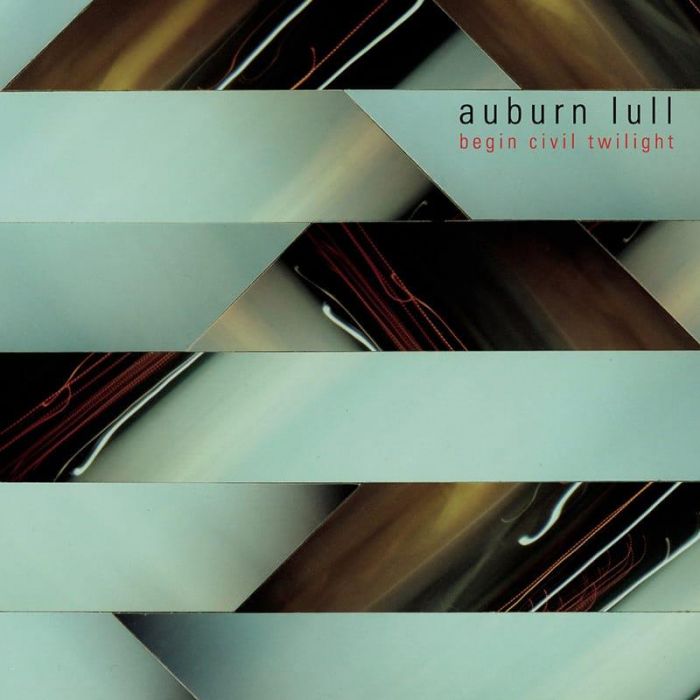Begin Civil Twilight by Auburn Lull (Review)

“Civil twilight” refers to the time of day just before sunrise and just after sunset, when the light is sufficient to leave objects here on earth visible while also allowing brighter celestial objects to reveal themselves. It’s a magical and surreal time, when the surrounding world somehow seems less tangible, when the term “otherworldly” actually means something when you describe what you’re seeing.
As such, it’s a perfect term for the title of an album that is so thoroughly obsessed with being otherworldly, with creating soundscapes as amorphous and spectral as possible. That is most certainly the case with Auburn Lull’s Begin Civil Twilight, which, if the title is any indication, is intended to be nothing less than an invocation of the “blue hour.”
But Begin Civil Twilight is so ethereal that at times, it’s rather unengaging. Now if one wanted to be particularly snarky, they might translate that to mean that the album is boring and dull, but I wouldn’t necessarily go that far.
Sure, Begin Civil Twilight isn’t the album to put on when you want music that’ll grab you by the throat, shake you around, and not let go. However, while there’s much to laud about the group’s skill at creating soundscapes — indeed, there’s no better word here, as every element blurs together to create a uniformly otherworldly expanse (even Jason Wiesinger’s drums and Ulrich Schnauss’s programming do little to provide any structure to the twelve tracks) — I find it very hard to be impacted on any sort of emotional level by these songs.
Begin Civil Twilight always remains detached and aloof, perfectly content to shimmer and float high overhead like some celestial body just barely coming into view. It’s pretty enough, and at times, even breathtaking (as is the case with “Light Through the Canopy” or “November’s Long Shadows”). But by its very nature, it always remains beyond reach — difficult to be affected by or interacted with, only observed and appreciated from a distance.